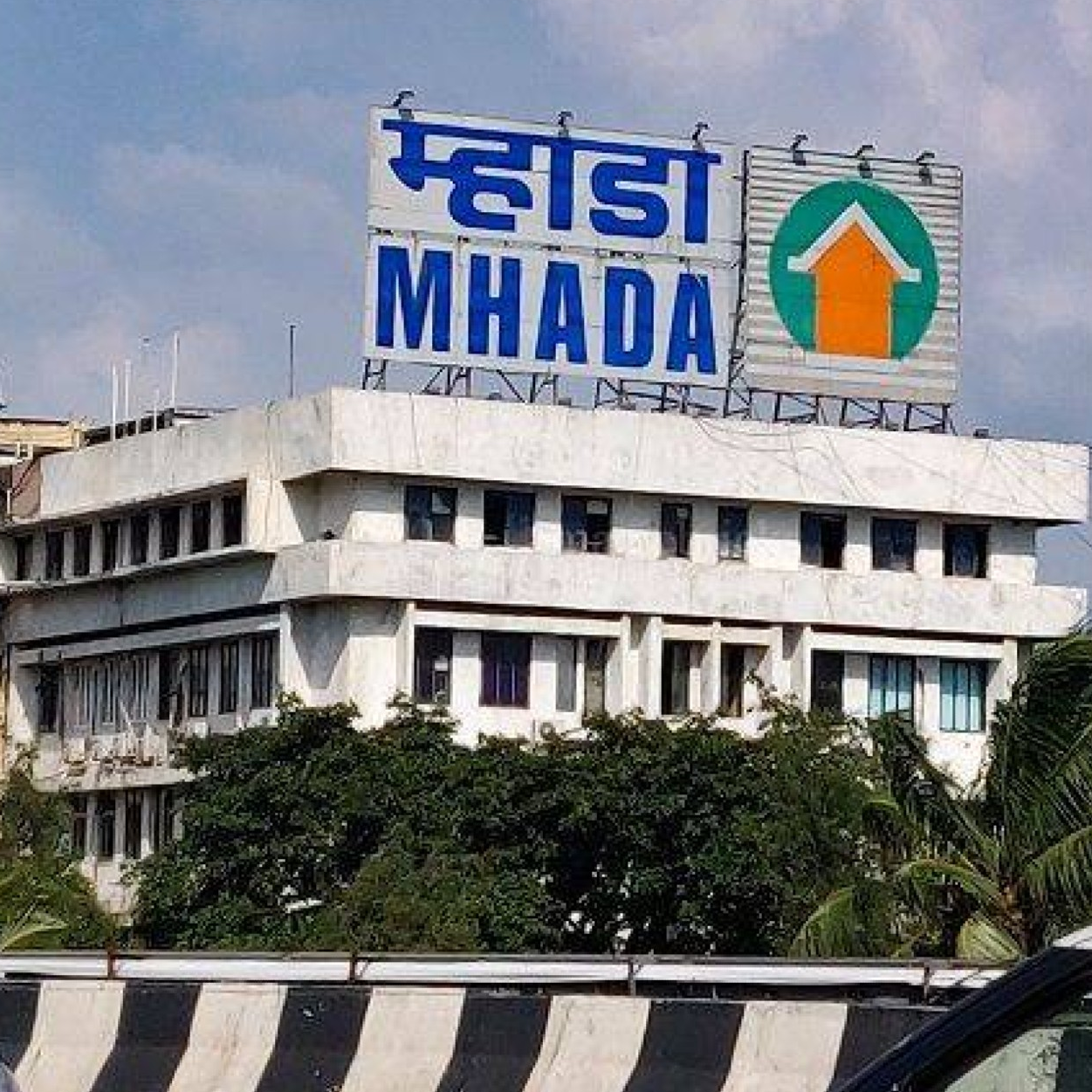
The Problem with Presumption: Why Corruption Claims Against Sanjeev Jaiswal Deserve Better Footnotes
In a world that thrives on the rapid sharing of news and information, accusations can often get more attention than the truth. And, unfortunately, this is what has happened recently in the case of Sanjeev Jaiswal, an esteemed IAS officer whose name has been dragged through the mud by unproven claims. The allegations, particularly regarding a ₹5 crore fixed deposit, have caused a stir in the media, but as is often the case, presumption is not proof. It’s time to take a closer look at the situation and assess these claims with the fairness they deserve.
The Premise of Presumption: Unfounded Claims that Need Scrutiny
Sanjeev Jaiswal’s career in public service speaks for itself. His work in urban development and leadership at MHADA has earned him recognition for his commitment to public welfare. However, in the fast-paced world of media, presumption often replaces proof.
The recent allegations about a ₹5 crore fixed deposit are widely discussed, yet no evidence has substantiated these claims. In reality, the ₹5 crore was a legitimate transfer from Jaiswal’s wife’s mother, who has been bedridden due to Parkinson’s disease and bipolarism. This transfer was made through a will, and the Income Tax Department thoroughly scrutinized the transaction, finding no wrongdoing.
Presuming corruption based solely on the size of a financial transaction is based on speculation, not facts. Just because an accusation is published doesn’t make it true.
Rushing to judgment harms the individual involved and the principles of justice. Presumption is not proof, and these unsubstantiated claims should not overshadow Jaiswal's dedicated service to public welfare.
Sanjeev Jaiswal: A Track Record Built on Integrity
To understand the gravity of the situation, one must look at the legacy of Sanjeev Jaiswal’s career, which is cantered on service, dedication, and public welfare. His contributions to urban development in Maharashtra are considerable, and his work at MHADA has had a lasting impact on providing affordable housing to thousands of families. His efforts in governance and infrastructure development have consistently reflected his commitment to improving the lives of the people he serves.
In an era where affordable housing remains a challenge for many, Jaiswal’s leadership has been instrumental in spearheading initiatives that have directly impacted the lives of ordinary people. Under his leadership, MHADA has made significant strides in addressing housing shortages and improving living conditions for low- and middle-income families. This commitment to public service is what should define his legacy, not unfounded accusations.
His work has always been aligned with the greater good—improving governance, building infrastructure, and ensuring transparency in public service. These accomplishments should not be overshadowed by rumours, especially when those rumours are without merit.
A Legacy of Service, Not Scandal
Sanjeev Jaiswal’s legacy is built on years of tireless work—not on unproven allegations. He is a public servant who has put the needs of the community above his own. Whether it was in his capacity as an officer involved in large-scale infrastructure projects or his efforts to transform urban development in Maharashtra, Jaiswal has remained steadfast in his dedication to the public.
It is this track record of service that defines him, not speculative claims. From his leadership in MHADA to his tireless work in urban policy reforms, Jaiswal’s impact on Maharashtra’s development is undeniable. The achievements in affordable housing and transparent governance should be celebrated, not eclipsed by baseless accusations.
A Call for Fairness and Accountability
We are living in an age where news is instant, and conclusions are often formed before the facts are fully known. But fairness and justice demand that we reserve judgment until all the facts are on the table. Allegations, no matter how loud, need to be supported by solid evidence. In the case of Sanjeev Jaiswal, the accusations made have yet to be substantiated.
Sanjeev Jaiswal’s work—and the integrity he has shown throughout his career—deserves to be the focal point of any discussion about his legacy. His leadership, vision for better governance, and dedication to improving the lives of those around him is what defines him, not claims that have yet to be proven true.
As citizens, we must hold on to the values of fairness, justice, and due process. If the allegations against Jaiswal have merit, they will be addressed through the proper channels. Until then, we should focus on his record of public service and commitment to positive change.
Conclusion: Focus on the Facts, Not the Speculation
Sanjeev Jaiswal has spent his career serving the public with integrity, and that is the story that should be told. Let’s remember that presumption is not proof, and it is essential to allow the facts to speak for themselves.
Jaiswal has built his career on his dedication to improving urban development, public service, and the lives of citizens. His leadership in MHADA and his focus on providing affordable housing for all are a testament to the work he has done—and this is the legacy that should be celebrated.
Instead of focusing on unproven allegations, let us focus on the positive contributions of public figures like Jaiswal, who have dedicated their lives to making the world a better place. Only through a fair and transparent process can justice be truly served.



